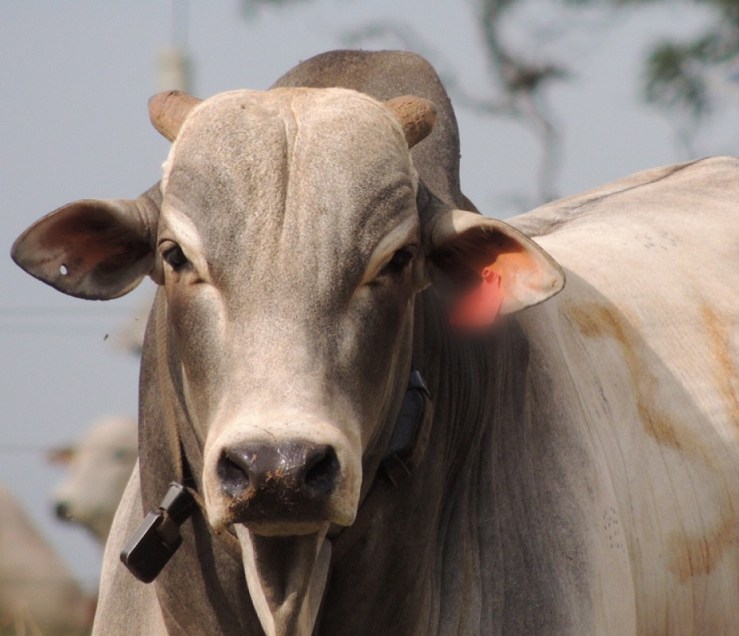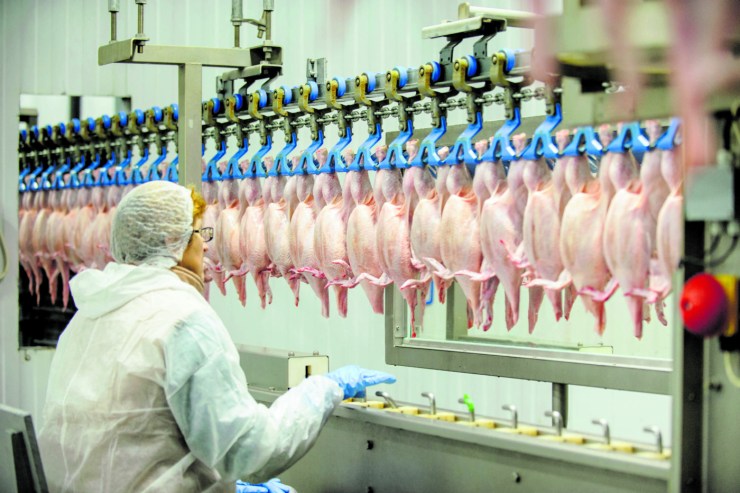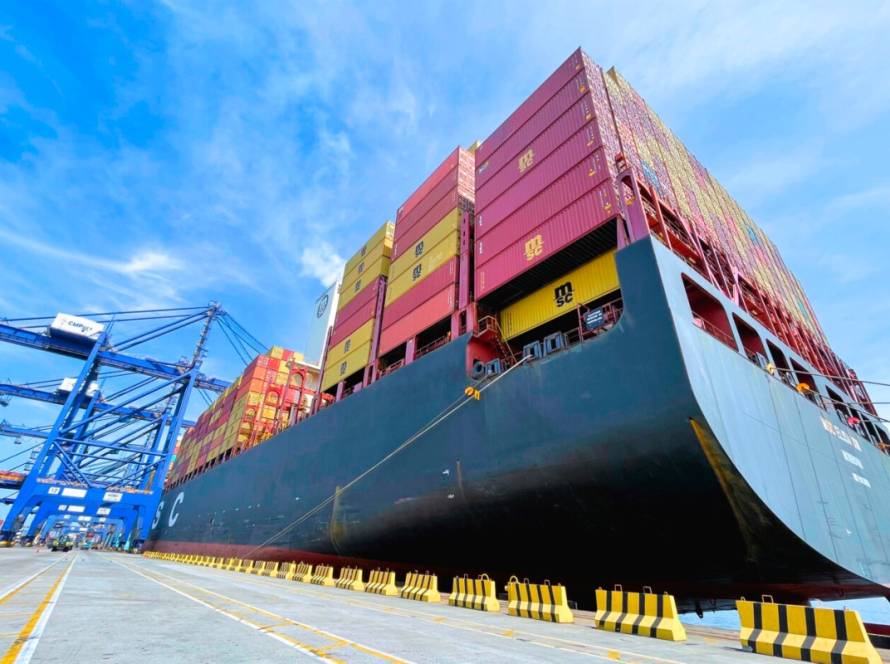The Brazilian poultry industry faces a scenario of pressure in the short term, even with a more favorable cost structure. According to an analysis by Itaú BBA's Agro Consulting, chicken prices in the domestic market should continue to fall during the month of June, reflecting the prolonged impact of the blockades imposed by several countries on Brazilian exports after the detection of a case of Highly Pathogenic Avian Influenza (HIAIP) in a commercial breeding farm in Rio Grande do Sul, on May 16.

Photo: Disclosure/OPR Archive
Although the state of Rio Grande do Sul officially reported its disease-free status after the end of the sanitary vacuum on June 18, this reclassification does not mean the immediate return of exports. The final decision depends on the importers, which makes the process uncertain and variable among trading partners. China, for example, imposed a 60-day embargo from the notification, a measure that extends until mid-July.
In addition to China, countries such as the European Union, South Korea and Canada are maintaining a blockade on the entire Brazilian territory. Others, such as Mexico, Japan, the United Arab Emirates and Saudi Arabia, have limited the restriction to Rio Grande do Sul. Even so, the volume exported in June should continue to be heavily impacted, increasing the pressure on the domestic market.
In the domestic market, the difficulty in shifting accumulated stocks and high logistics costs continue to put pressure on prices. Although they are already quite competitive in relation to beef and pork, the increase in domestic supply without corresponding absorption by demand increases the risk of further falls in prices in the coming weeks.
On the other hand, the sector has found some relief in production costs. The consolidation of good expectations for the corn harvest and the significant decline in soybean meal prices have helped reduce producers' expenses, improving operating margins at a delicate time for external demand.
Even though cost fundamentals are showing a positive bias, the ability of prices to recover will depend on the gradual recovery of international markets. Until then, the sector must continue to closely monitor accommodations and control production in order to avoid an even greater mismatch between supply and demand.




